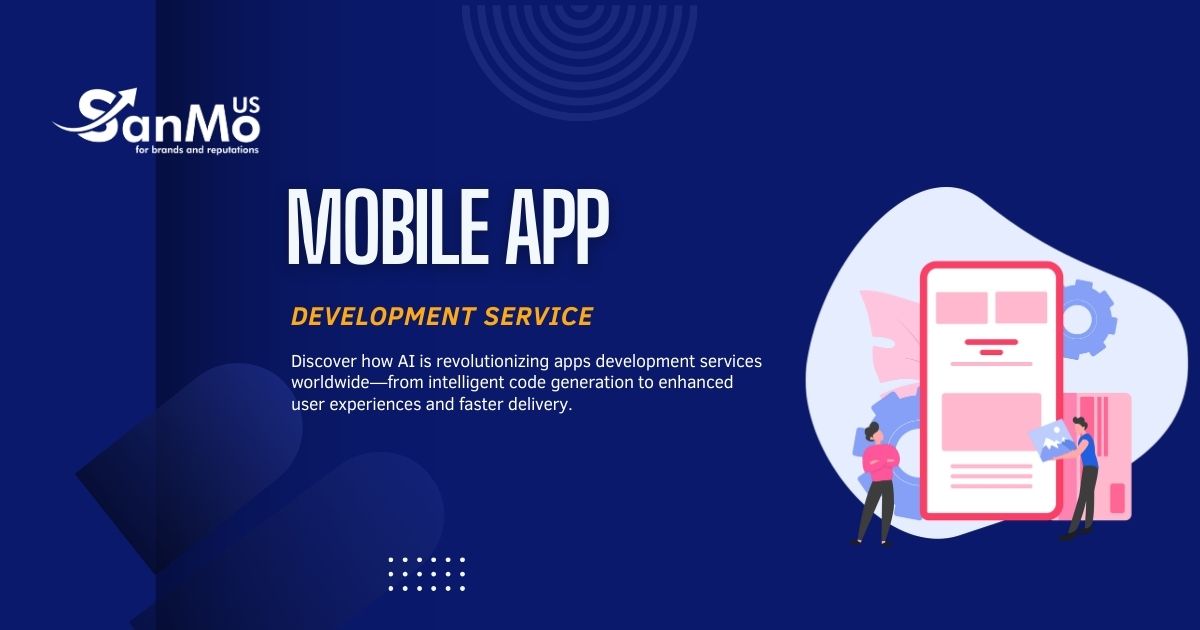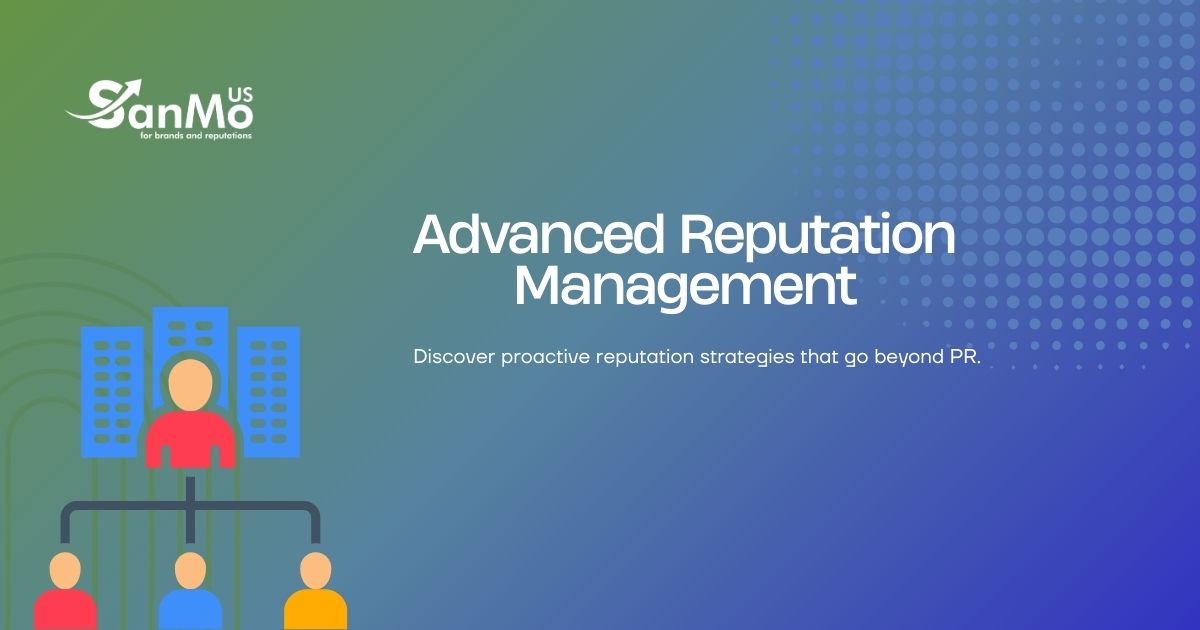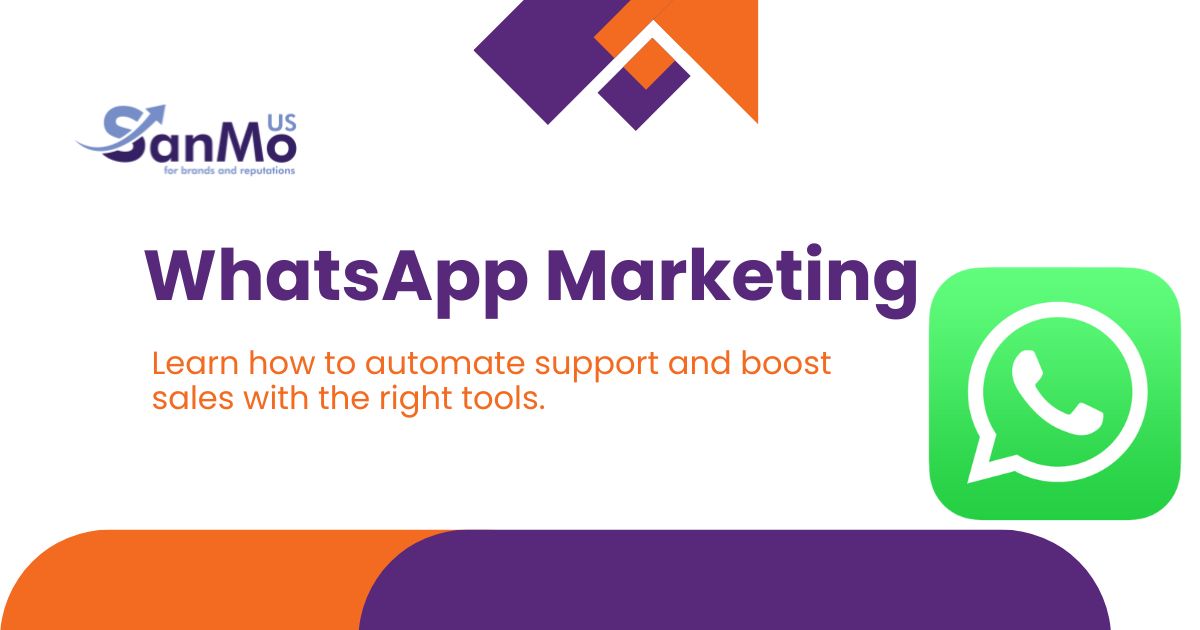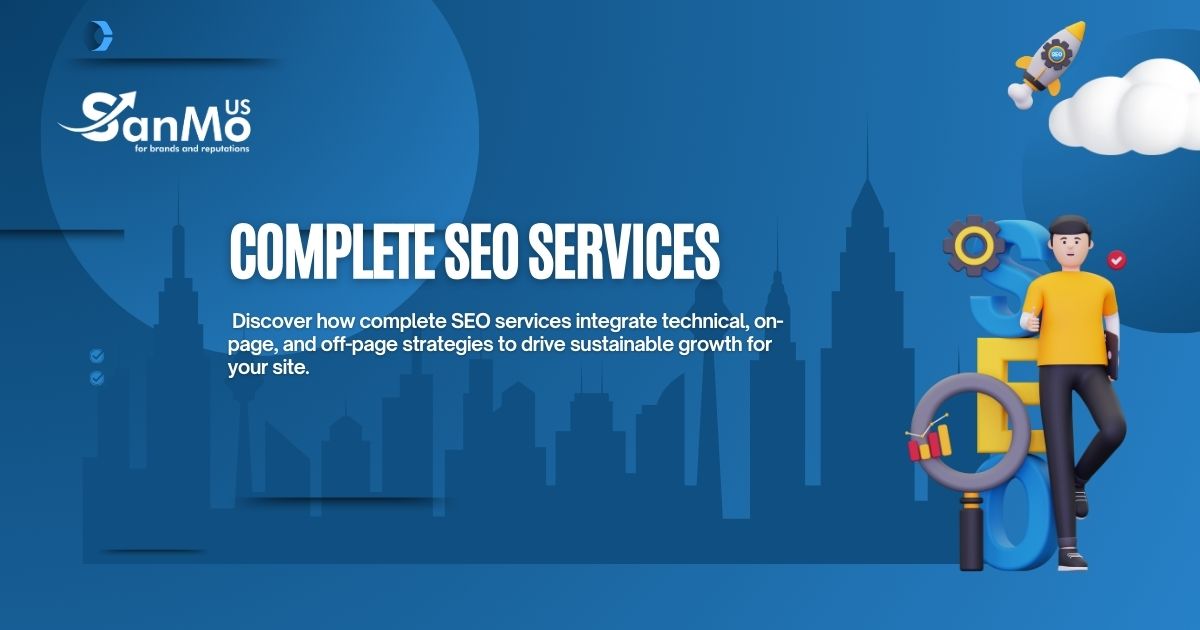Email marketing remains one of the most powerful digital marketing channels available to businesses today. Despite the rise of social media and other communication platforms, email continues to deliver an impressive return on investment of $36 for every dollar spent. However, managing effective email campaigns requires expertise, time, and the right tools—resources that many businesses struggle to allocate internally.
This is where professional email marketing services become invaluable. These specialized providers offer the expertise, technology, and strategic guidance needed to transform your email communications from simple newsletters into revenue-generating marketing machines. Whether you’re a small startup or an established enterprise, partnering with the right email marketing service can dramatically improve your customer engagement and bottom line.
Understanding what these services offer and how to choose the right provider will help you make an informed decision that drives real business results.
What Are Email Marketing Services?
Email marketing services are comprehensive solutions that help businesses create, manage, and optimize their email campaigns. These services go far beyond basic email delivery, offering sophisticated tools for audience segmentation, automated workflows, performance tracking, and campaign optimization.
Professional email marketing providers typically offer a combination of technology platforms, strategic expertise, and hands-on campaign management. They handle everything from email design and copywriting to list management and compliance with anti-spam regulations.
The scope of these services can vary significantly depending on your needs and budget. Some businesses prefer self-service platforms that provide the tools and templates needed to manage campaigns internally. Others benefit from full-service solutions where experts handle strategy development, campaign creation, and performance optimization.
Key Benefits of Professional Email Marketing Services
Advanced Automation and Personalization
Modern email marketing services offer sophisticated automation capabilities that would be impossible to achieve manually. These systems can trigger personalized emails based on customer behavior, purchase history, website activity, and demographic data.
For example, an e-commerce business can automatically send abandoned cart reminders, product recommendations based on browsing history, and post-purchase follow-up sequences. This level of personalization significantly improves engagement rates and conversion potential.
Superior Deliverability Rates
Professional email marketing services maintain relationships with major email providers and follow industry best practices to ensure your emails reach recipients’ inboxes rather than spam folders. They manage technical aspects like sender reputation, authentication protocols, and compliance with anti-spam regulations.
Many businesses struggle with deliverability when sending emails through standard business accounts or basic email tools. Professional services typically achieve deliverability rates of 95% or higher, compared to much lower rates for DIY approaches.
Comprehensive Analytics and Reporting
Understanding campaign performance is crucial for improving results over time. Professional email marketing services provide detailed analytics that go beyond basic open and click rates. They track conversion rates, revenue attribution, customer lifetime value, and long-term engagement trends.
These insights help businesses identify which content resonates with their audience, optimal sending times, and opportunities for improvement. Many services also offer A/B testing capabilities to systematically improve campaign performance.
Time and Resource Savings
Creating effective email campaigns requires significant time and expertise. Professional services handle campaign planning, design, copywriting, list management, and performance optimization, freeing up your internal team to focus on core business activities.
This is particularly valuable for small businesses that lack dedicated marketing staff or enterprises that want to scale their email efforts without expanding their internal teams.
Types of Email Marketing Services
Self-Service Platforms
Self-service platforms provide the tools and templates needed to create and manage email campaigns internally. Popular options include Mailchimp, Constant Contact, and Campaign Monitor. These platforms are typically more affordable and give businesses complete control over their campaigns.
Self-service platforms work well for businesses with internal marketing expertise and the time to manage campaigns actively. They offer user-friendly interfaces, pre-designed templates, and basic automation features.
Managed Services
Managed email marketing services handle campaign strategy, creation, and optimization on behalf of their clients. These providers typically assign dedicated account managers who work closely with businesses to develop effective email strategies.
Managed services are ideal for businesses that want professional expertise but prefer to maintain oversight of their email marketing efforts. They offer a balance between professional guidance and internal control.
Full-Service Agencies
Full-service email marketing agencies provide comprehensive marketing solutions that often extend beyond email to include content marketing, social media, and paid advertising. These agencies typically work with larger businesses that need integrated marketing strategies.
Full-service agencies offer the highest level of expertise and strategic guidance but come with correspondingly higher costs. They’re best suited for businesses with substantial marketing budgets and complex needs.
Choosing the Right Email Marketing Service Provider
Assess Your Business Needs
Start by evaluating your current email marketing challenges and goals. Consider factors like your target audience size, campaign frequency, budget constraints, and internal resources. Businesses with simple needs might thrive with self-service platforms, while complex operations may require managed services.
Think about your long-term goals as well. A solution that works for your current needs should also scale as your business grows and your email marketing becomes more sophisticated.
Evaluate Platform Capabilities
Different email marketing services offer varying features and capabilities. Essential features to consider include:
- Template design options and customization flexibility
- Automation and workflow capabilities
- Segmentation and personalization tools
- Integration with your existing business systems
- Analytics and reporting functionality
- Customer support quality and availability
Consider Integration Requirements
Your email marketing service should integrate seamlessly with your existing business tools, including your customer relationship management system, e-commerce platform, and analytics tools. These integrations enable more sophisticated automation and provide a complete view of customer interactions.
Many businesses overlook integration requirements during the selection process, leading to data silos and missed opportunities for automation and personalization.
Review Pricing Structures
Email marketing services use various pricing models, including per-contact pricing, flat monthly fees, and usage-based pricing. Consider both your current needs and projected growth when evaluating costs.
Factor in additional costs for premium features, professional services, and potential overage charges. The cheapest option isn’t always the most cost-effective when considering the time and expertise required for effective campaign management.
Common Email Marketing Challenges and Solutions
Low Engagement Rates
Many businesses struggle with declining open rates and click-through rates over time. Professional email marketing services address this challenge through advanced segmentation, personalization, and content optimization strategies.
They can help identify the most engaging content types for different audience segments and optimize send times for maximum engagement. Regular list cleaning and re-engagement campaigns also help maintain healthy engagement metrics.
Compliance and Deliverability Issues
Navigating email marketing regulations like CAN-SPAM, GDPR, and various international privacy laws can be complex. Professional services stay current with regulatory changes and implement necessary compliance measures.
They also manage technical deliverability factors like sender authentication, IP reputation management, and content optimization to avoid spam filters.
Resource Constraints
Many businesses lack the internal resources to create compelling email content consistently. Email marketing services can provide copywriting, design, and strategic guidance to ensure campaigns maintain high quality and consistency.
This is particularly valuable for businesses with seasonal fluctuations or limited marketing staff who need to focus on multiple channels simultaneously.
Measuring Email Marketing Success
Key Performance Indicators
Successful email marketing requires tracking the right metrics. Beyond basic open and click rates, focus on conversion rates, revenue per email, customer acquisition costs, and long-term customer value metrics.
Professional email marketing services typically provide comprehensive dashboards that track these advanced metrics and provide actionable insights for campaign improvement.
Return on Investment Calculation
Calculate your email marketing ROI by comparing the revenue generated from email campaigns against the total cost of your email marketing service and related expenses. Most businesses find that professional email marketing services pay for themselves through improved performance and time savings.
Consider both direct revenue from email campaigns and indirect benefits like improved customer retention, reduced customer service costs, and enhanced brand awareness.
Getting Started with Email Marketing Services
Implementing professional email marketing services doesn’t have to be overwhelming. Start by auditing your current email marketing efforts and identifying specific areas for improvement. Research potential service providers and request consultations or demos to understand how they can address your unique challenges.
Most providers offer migration assistance to help transfer your existing email lists and campaign data. They can also provide strategic guidance to help you develop more effective email marketing strategies from the start.
Consider starting with a pilot program or shorter-term engagement to evaluate the provider’s capabilities and fit with your business before making a long-term commitment.
The investment in professional email marketing services typically pays dividends through improved campaign performance, time savings, and access to expertise that would be costly to develop internally. As email marketing continues to evolve with new technologies and changing consumer preferences, partnering with experienced professionals ensures your business stays competitive and maximizes this valuable marketing channel.








